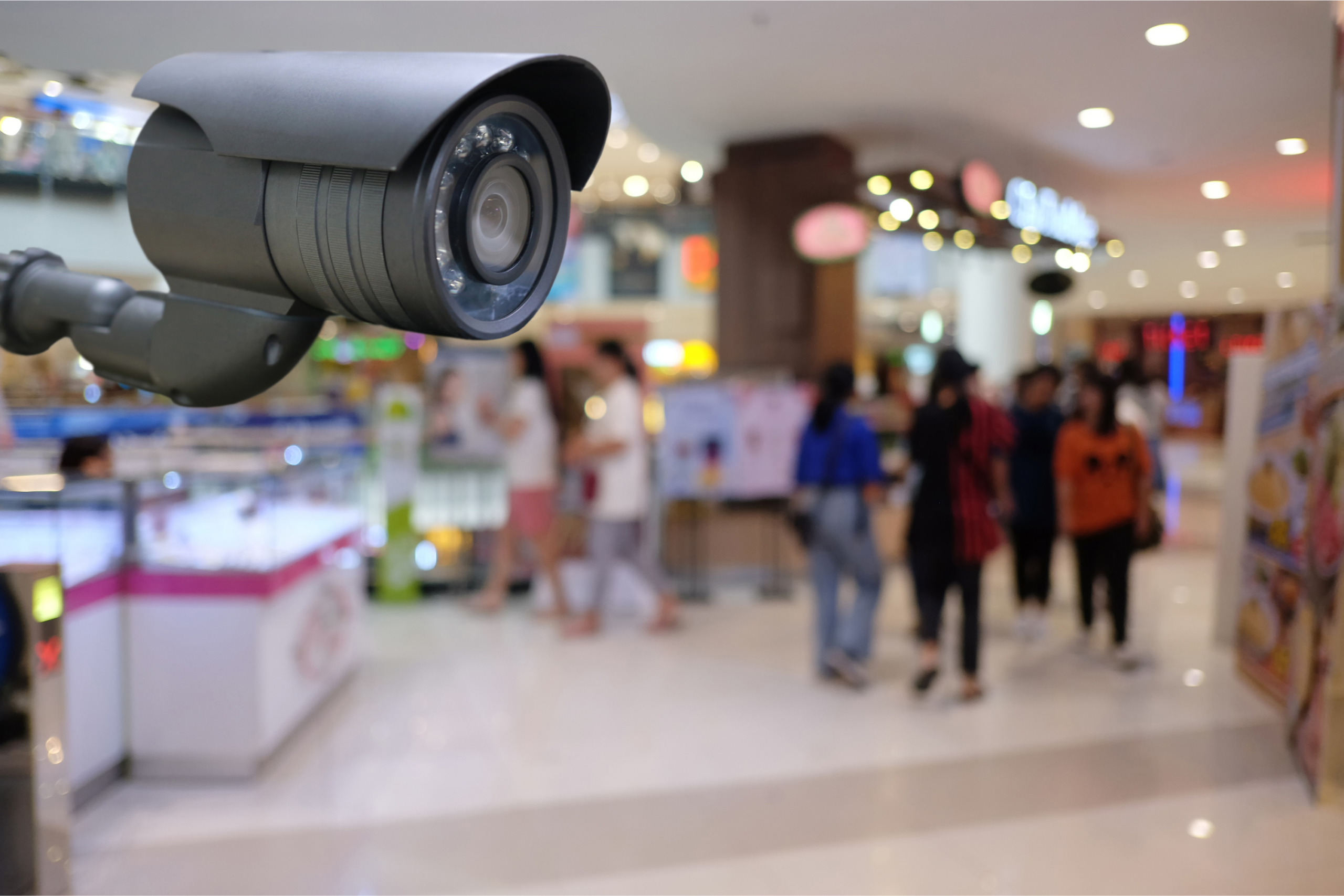 Shoplifting is a common criminal offense that affects both businesses and consumers. In the state of Minnesota (MN), shoplifting cases are subject to a range of legal issues, and the use of technology has significantly impacted how these cases are investigated, prosecuted, and defended.
Shoplifting is a common criminal offense that affects both businesses and consumers. In the state of Minnesota (MN), shoplifting cases are subject to a range of legal issues, and the use of technology has significantly impacted how these cases are investigated, prosecuted, and defended.
This blog will delve into the legal aspects surrounding technology in MN shoplifting cases, shedding light on the various ways technology is shaping the legal landscape.
Surveillance Cameras and Evidence
One of the most common technological advancements that has impacted MN shoplifting cases is the use of surveillance cameras. Many stores are equipped with high-definition cameras that capture every corner of the establishment. When a shoplifting incident occurs, these cameras play a vital role in providing evidence for both the prosecution and defense.
For the prosecution, surveillance footage can serve as compelling evidence of the alleged crime. It can show the suspect concealing items, exiting the store without paying, or engaging in other suspicious activities. This visual evidence is often crucial in convincing a jury of the defendant’s guilt.
However, the use of surveillance footage also raises concerns about privacy and the potential for misuse. It’s essential for MN law enforcement and businesses to adhere to strict regulations when collecting and using surveillance footage in shoplifting cases to ensure individuals’ rights are protected.
Electronic Theft Prevention Devices
Many stores in MN employ electronic theft prevention devices like RFID (Radio-Frequency Identification) tags and EAS (Electronic Article Surveillance) systems. These technologies are designed to deter theft and track stolen items. In some cases, they can even trigger alarms when a tagged item leaves the store without proper deactivation.
While these technologies can help reduce shoplifting incidents, they can also lead to legal issues. False alarms and improper tagging can result in innocent customers being accused of shoplifting. Ensuring that these systems are correctly maintained and used responsibly is crucial to prevent legal complications.
Online Marketplaces and E-commerce
The rise of e-commerce and online marketplaces has introduced a new dimension to shoplifting cases in MN. Criminals are now targeting online sellers, stealing packages from porches and mailboxes. These cases often involve tracking and locating stolen items through technology, such as GPS trackers in packages or security cameras at residences.
For law enforcement, tracking and apprehending suspects involved in online shoplifting cases can be challenging due to the anonymity and vastness of the internet. Legal issues related to jurisdiction and evidence collection can arise, making it imperative to adapt existing laws to the digital age.
Mobile Payment and Digital Receipts
Technology has also changed how shoplifters conduct their activities. With the advent of mobile payment apps and digital receipts, shoplifters can easily avoid leaving a paper trail of their transactions. This can complicate the process of identifying suspects and proving their guilt in MN shoplifting cases.
On the other hand, these same technologies can provide valuable evidence for the prosecution. If a suspect’s mobile payment app history shows a pattern of purchasing items without any corresponding digital receipts, it can raise suspicions and help build a case against them.
Technology and Shoplifting in Minnesota
In Minnesota, shoplifting cases are continually evolving due to advances in technology. Surveillance cameras, electronic theft prevention devices, online marketplaces, and mobile payment apps all play a role in shaping how these cases are investigated and prosecuted.
However, with these technological advancements come legal issues that need to be carefully addressed. Protecting the privacy of individuals, ensuring the responsible use of surveillance footage, and adapting existing laws to address online shoplifting are just some of the challenges that MN faces.
Ultimately, as technology continues to advance, the legal landscape surrounding shoplifting cases in Minnesota will need to adapt and evolve to keep pace with the changing times. This will require a collaborative effort between law enforcement, businesses, and legal experts to ensure that justice is served while respecting the rights of all individuals involved.
About the Author:
Christopher Keyser is an AV-Preeminent rated criminal and DWI defense attorney based in Minneapolis who is known for fighting aggressively for his clients and utilizing innovative tactics to get the most positive results. He has been featured in numerous media outlets due to the breadth and depth of his knowledge and has been named a Certified Specialist in Criminal Law by the Minnesota Bar Association. Mr. Keyser is Lead Counsel rated, and he has received recognition for his criminal law work from Avvo, Expertise, and Super Lawyers.






